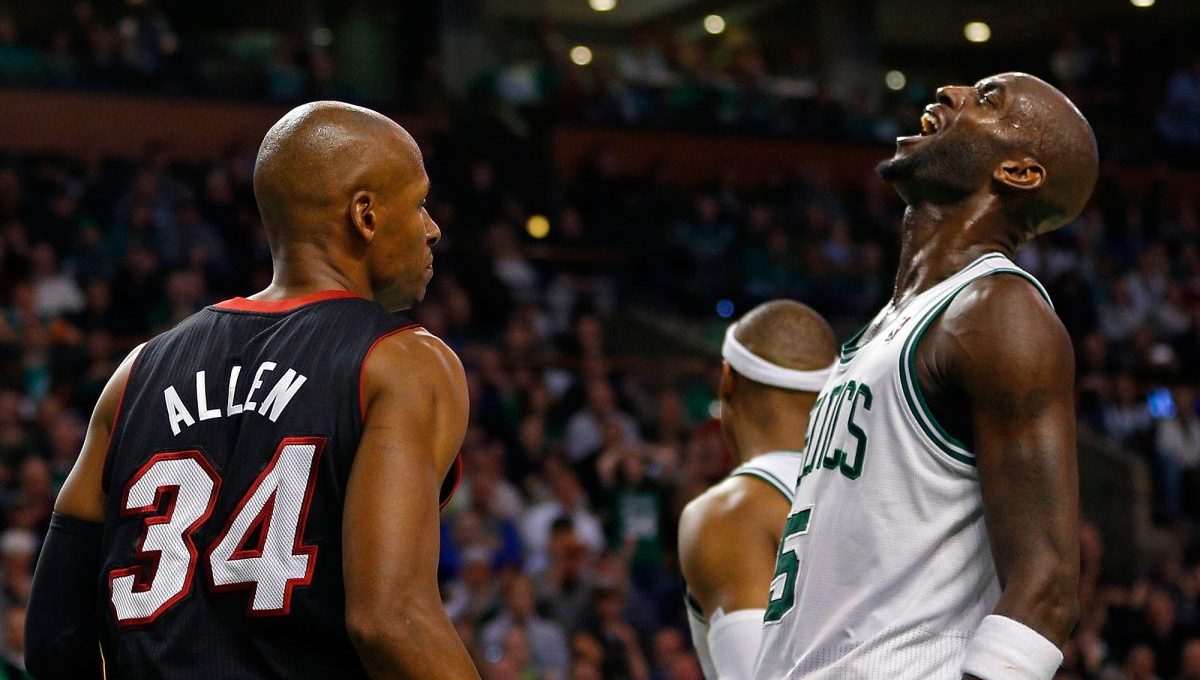As the National Football League season is set to kick off, new research from Harvard University is showing more evidence of the long-term dangers of the game.
Certain positions on the field, and the length of a player's career, may mean greater risk to the brain, according to a study published Friday in The American Journal of Sports Medicine.
The study was conducted by Harvard's T.H. Chan School of Public Health, which surveyed 3,500 former NFL players. It found one in eight — or about 12 percent — experienced serious cognitive problems, such as memory loss. Players were six times more likely than the general public to experience cognitive issues.
They study was also the first to document the risk that comes from longevity in the NFL, and with playing positions with more physical contact.
"We saw running backs, linebackers, defensive linemen and special teams who had only played a little bit of pro football had serious cognitive problems," researcher Dr. Andrea Roberts said.
Outcomes were even worse for veterans of the league. In a group including linebackers, running backs and special teams players with at least 10 years of time in the NFL, close to 16 percent reported serious cognitive problems.
For rarely hit kickers, punters and quarterbacks who had played just a year in the league, less than 1% reported cognitive deficits, such as issues with memory, and symptoms of anxiety and depression. That number jumped to nearly 9% for those with 10 years in the league.
Local
In-depth news coverage of the Greater Boston Area.
Roberts, lead researcher on the study, cautioned it's not just those with long NFL careers who suffered cognitive declines. Of former players under age 35, 11 percent had serious cognitive problems — something normally found in the elderly.
The study comes as two of the NFL's biggest stars opened up about their recent decisions to leave the NFL in less than a week. Patriots star Rob Gronkowski announced Tuesday that he will not return from retirement, and will instead focus on his health.
"I was not in a good place," the former Patriots tight end told a crowd of reporters. "Football was bringing me down."
Three days earlier, Indiana Colts quarterback Andrew Luck announced he would step away from the game to recover.
"Physically, it has taken its toll over the last four years," Luck said.
When asked the takeaway for parents debating youth football, Roberts said the study highlights the need for better treatments for concussions and cognitive impairment.
"We provide the information and everyone has to make their own decisions about what level of risk they want to take," she said.
The NFL did not respond to a request Friday to comment on the study's findings.
Researchers at Harvard said the study was conducted with support from the National Football League Players Association.



